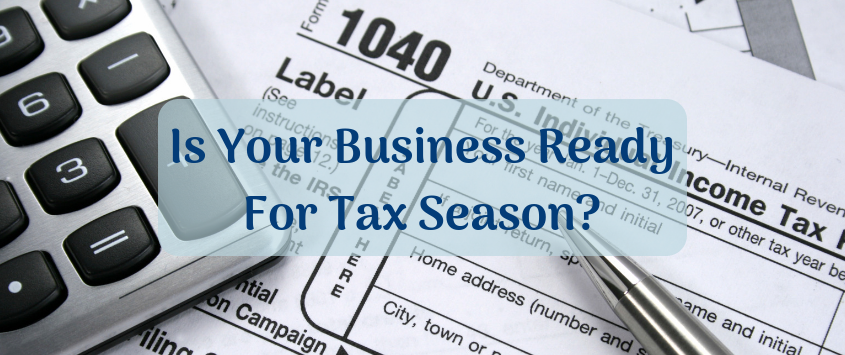6 Common Mistakes Business Owners Make on Their Taxes
Filing your small business’s tax return may be a dreaded task you’re tempted to put off until April 14, but we advise that you don’t. That’s because mistakes are made when you’re in a rush, resulting in interest charges, penalties or unwanted attention from the IRS. Mistakes can be avoided by being prepared and planning ahead. Here are the 6 most common tax mistakes business owners make:
Mistake #1: Filing late
It’s important to file your taxes on time to avoid a 5 percent per month penalty by the IRS (that increases until the return is filed), a 6 percent interest penalty and a late payment penalty. You can request a filing extension, but you will still need to pay a portion by the original due date. It’s better to avoid the headache, be organized and file on time.
Mistake #2: Not paying estimated taxes during the year
If you are a sole proprietor, S corporation, are self-employed or a partner and you expect to owe $1,000 or more when you file a return, you are required to make estimated tax payments throughout the year. The same is true if you are a corporation expecting to owe $500 or more in taxes.
Mistake #3: Not having organized, visible financials
Using Excel to track your income, expenses and receipts might suffice when you are first starting out, but once you get bigger you will need a program that is more robust. Your financials need to be up-to-date, accurate and all in one place so you can make good tax and cash decisions.
Mistake #4: Intermingling personal and business expenses
It’s important to keep your business expenses separate from your personal ones. You can do this by having a separate bank account and credit card for your business, and always use your business credit card for business expenses. Even if you purchase both personal and business items at an office supply store, use different credit cards to pay for them so you can keep those expenses separate.
Mistake #5: Not tracking expenses
Throughout the year you need to save receipts, log the business miles you put on your car and track your expense categories. Did you know that only 50 percent of certain business meals are deductible? Platforms like QuickBooks and Freshbooks can help you keep track of expenses, and apps like MileIQ can track your business mileage.
Mistake #6: Not getting professional help
It may be tempting to save money and do everything yourself, but unless you know what you are doing, it could cost you time, money and headaches in the end. Consider consulting with a bookkeeper or accountant throughout the year to make sure you have good processes in place come tax season.
Donohoo Accounting Services has more than 20 years of experience helping clients with their tax and financial issues. Advising small businesses on their taxes is what we do best. If you have any questions about preparing your taxes or would like to know more about the services we provide, please call us at 513-528-3982 for a free consultation.







